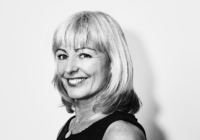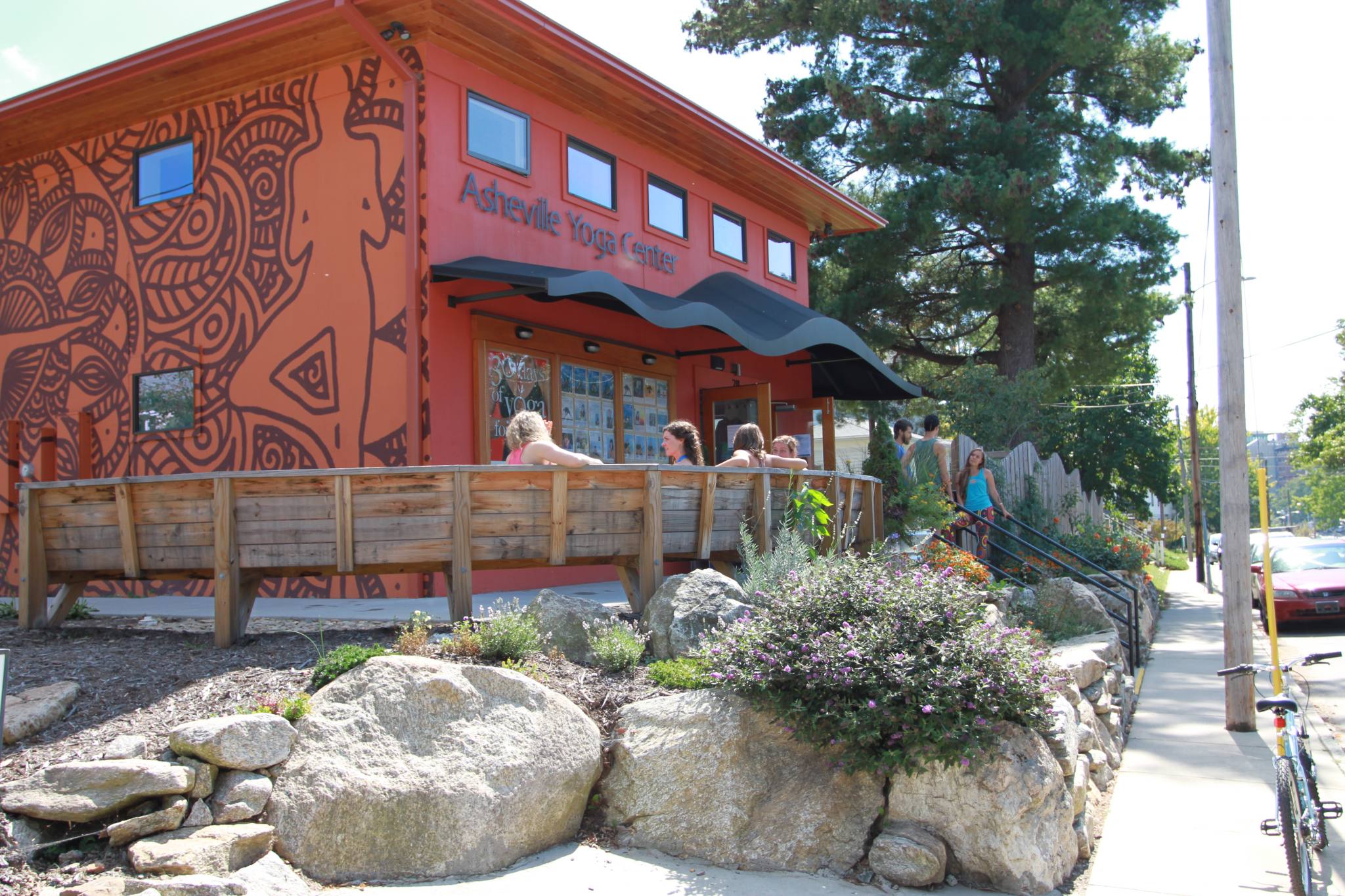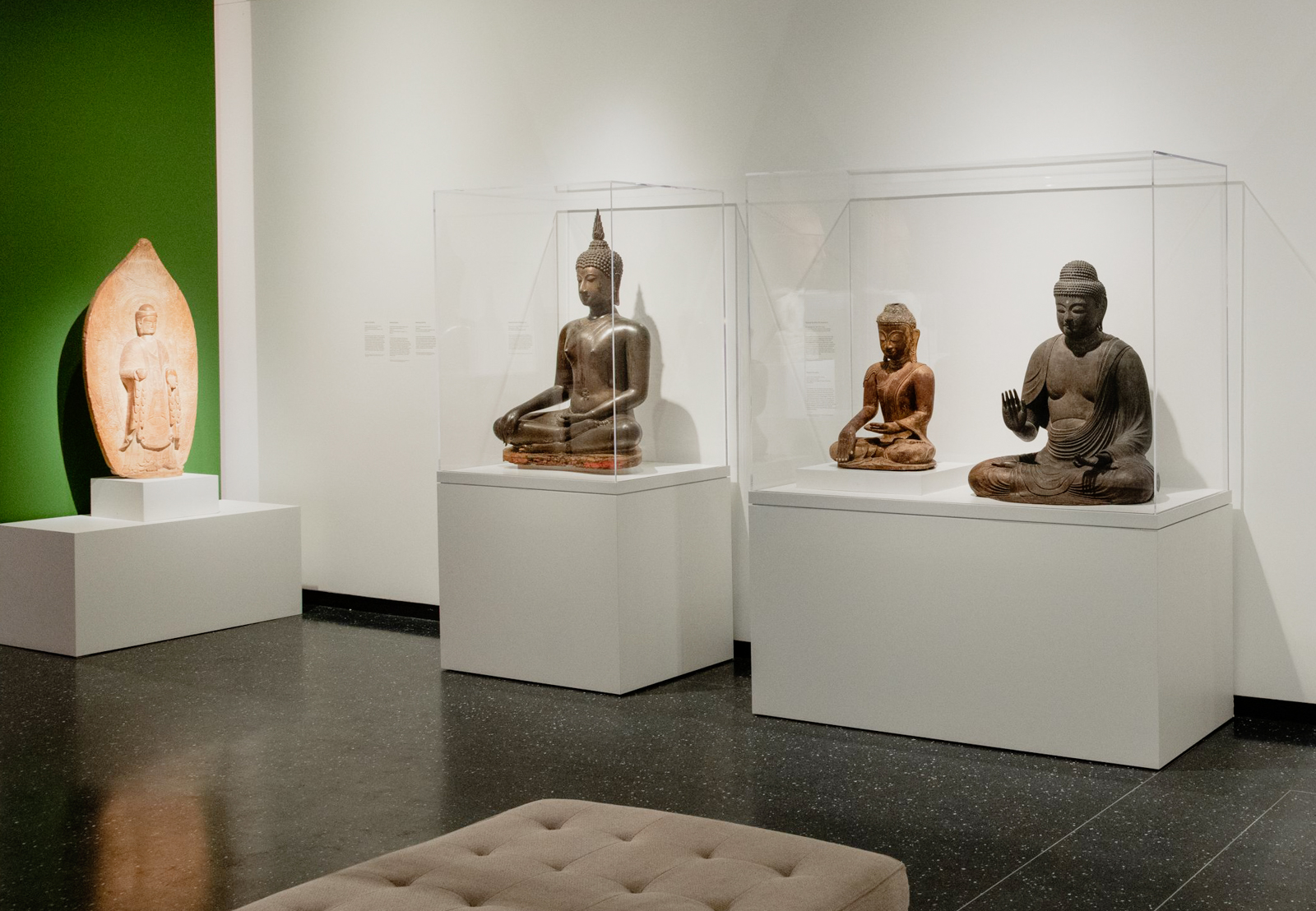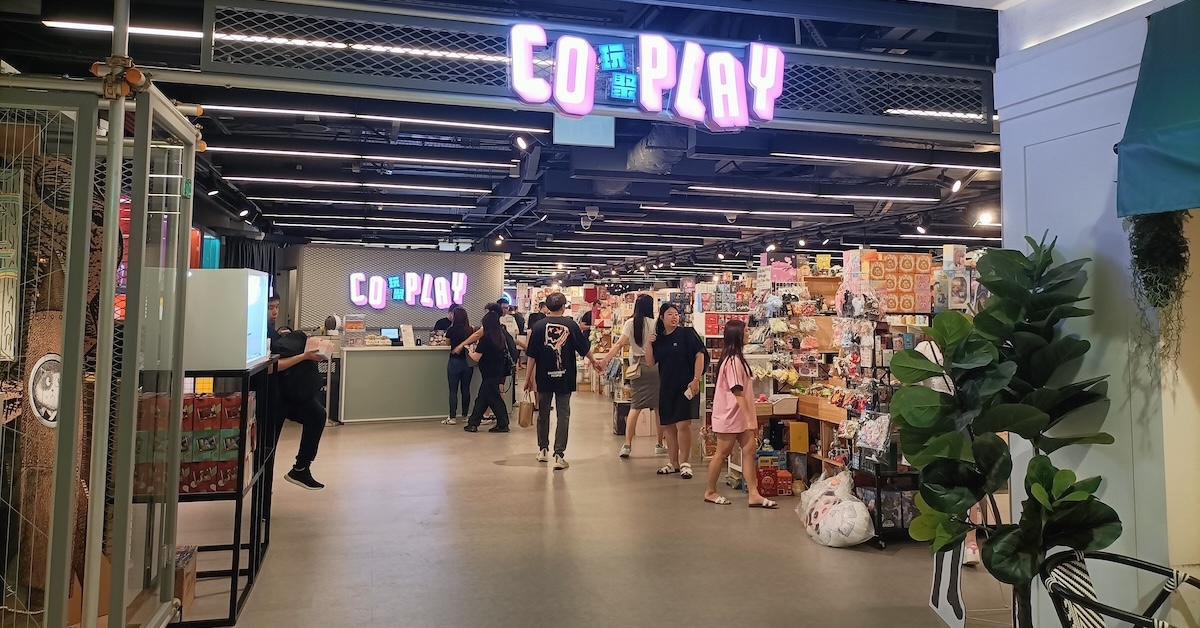This Moment Is the Only Moment
Between-States: Conversations About Bardo and Life In Tibetan Buddhism, “bardo” is a between-state. The passage from death to rebirth is a bardo, as well as the journey from birth to death. The conversations in “Between-States” explore bardo concepts like...

Between-States: Conversations About Bardo and Life
In Tibetan Buddhism, “bardo” is a between-state. The passage from death to rebirth is a bardo, as well as the journey from birth to death. The conversations in “Between-States” explore bardo concepts like acceptance, interconnectedness, and impermanence in relation to children and parents, marriage and friendship, and work and creativity, illuminating the possibilities for discovering new ways of seeing and finding lasting happiness as we travel through life.
***
Dani Shapiro’s new novel, Signal Fires, revolves around a secret that has life-changing consequences for a family living in a small New York town. An exploration of endings and moving forward, the book resonates especially deeply because of Shapiro’s own experiences with impermanence: the death of her father in a car accident, the loss of her mother to cancer, the serious illness of her only child, the revelation that her father was not her biological father, and, most recently, her husband’s cancer diagnosis. “Each time, I felt grief over what was happening,” she says, “and a parallel mourning for the self that had lost a layer of protection, a measure of innocence.”
Born in New York City in 1962, Shapiro grew up in New Jersey and studied writing with Grace Paley at Sarah Lawrence College. She has written eleven books, both fiction and nonfiction, including the best-selling Inheritance (2019), a chronicle of her journey in the wake of her discovery about her father. In 2019, she launched a podcast, Family Secrets, that now has more than 30 million downloads. Inheritance was named a best book of 2019 by Lit Hub, Vanity Fair, Wired, and O, The Oprah Magazine, and Signal Fires was named a best book of 2022 by Time and the Washington Post. Shapiro has taught at NYU, Wesleyan, and Columbia, and appeared on Oprah Winfrey’s Super Soul Sunday, the Today Show, and PBS NewsHour.
From her home in Connecticut, Shapiro spoke with me about coming to terms with change, living in the present, and why she finally feels aligned with the trajectory of her life.
*
The bardo teachings say that after we die, it can take up to four and a half days for us to accept that the life we knew is over. In the bardo from birth to death this means we may struggle to accept endings, like the breakdown of a relationship or the loss of a parent; unexpected endings are especially hard to face. What have the sudden endings in your life been like?
Slow Motion, my first memoir, begins with the moment I received a phone call that divided my life into before and after. I was 23, young enough to believe that life contains only one of those moments, and that the phone call about the car accident that killed my father and seriously injured my mother was that moment for me. But if we live long enough, we have a parade of such moments. The most recent before-and-after moment like this was when my husband was discovered to have a serious form of cancer. That first night after it was clear what we were entering into, my husband was snoring, so I went to our son’s room. Our son wasn’t living at home, and I climbed into his bed and wept. It’s a room that holds who I was as a young mother putting my 3-year-old to sleep, and I was lying in the bed of that 3-year-old, who was now a 17-year-old. It was as if there was a thunderclap of time, and suddenly I had a grown child and we as a family were facing the profoundly unknown.
How did the experience of your husband’s illness change you?
I have a feeling of deep knowledge, of walking with joy and gratitude and compassion and connection while carrying the awareness that life is so utterly fragile. When my husband was sick and we didn’t know he was going to survive, I had coffee with Sylvia Boorstein, a dear friend. She told me the parable of the monk who’s walking through the forest and realizes he’s being chased by a tiger. He gets to the edge of a cliff, and there’s nothing to do but get eaten by the tiger or jump off the cliff. Except there’s a vine, and the monk climbs onto the vine and sees a perfect ripe strawberry on the vine. He also sees a mouse that’s crept out from a crevasse in the cliff. The mouse is munching on the vine, trying to get the strawberry, so the monk plucks the strawberry and eats it.
The moral is that we are all always on that vine. It’s something I knew when my father was killed in the car accident and my mother almost was. I knew it again when my precious only child was very sick as an infant, facing terrible odds, and we had no reason to think it was going to be OK. I faced it again when I discovered that my dad, who raised me, was not my biological father. And again when my husband was diagnosed with cancer.
Sometimes endings are gradual rather than unexpected. What are endings like for you when you know what’s coming?
My mother was 80 when she passed away from cancer in 2003. For about six months there was no question what was going to happen, and she and I shared that knowledge. As painful as the final moment was, it didn’t have the same quality of shock as losing my father in a sudden, violent manner when he was in the prime of life. If I can have a preference, I prefer knowing and being able to prepare, being able to say goodbye.
With all the endings you’ve had to face, do you feel more accepting of the inevitability of endings in life?
Yes. There are people who deny that endings are unavoidable, and sometimes I envy them because they seem to be having a better time—I’m joking! I don’t envy them at all, because when the time comes, they’ll have a complete lack of preparedness. The pandemic taught us this. I have friends who could not tolerate the fact that their plans had changed, that they were in lockdown, and that everything had, in an instant, shifted for everyone.
The pandemic was a bardo, a time when the life we knew abruptly came to an end and we were thrust into a new reality. As difficult as times like that can be, they also give us a chance for fresh insight, which is something you experienced with Signal Fires.
If not for the bardo of the pandemic, Signal Fires would not exist. I had put it in the drawer about ten years earlier because it wasn’t working—I was trying to tell the story backward in time, which was a terrible idea. The possibility of rediscovering the book had never occurred to me. I thought it was going to be the one that got away, and I mourned it. But I literally found the novel again: I was cleaning out my office closet, and there was this neat little pile of pages. My mind was quiet enough that I heard my inner voice say, reread this. I’m not in the habit of rereading my work, especially not rereading it and liking it, because the self that wrote that work is hopefully doing better work now. But I sat down and reread those pages, and I loved them. The characters were still really alive for me. They’d just been sound asleep for years, like in a coma. During those years, I was moving through time and experiences: my discovery about my dad, my husband’s cancer. Through those bardo moments I was becoming seasoned and softened and open and capable, deserving the characters I’d created such a long time before. I was ready. It was a spectacular creative experience, an exercise in patience and humility and witnessing, in being awake and aware enough in the moment to rediscover those pages.
Legend says The Tibetan Book of the Dead was written in the 8th century and buried in the earth and the sky, in dreams and the mindstream, so its wisdom could be unearthed when the time was right. Do you feel like your rediscovery of Signal Fires was an unearthing like this?
Yes, and finding out about my biological father was too. If I’d found out about him when I was a teenager, or in my 20s, or shortly after my dad died, when I was lost and grieving, I don’t know that I would have survived it. I was already teetering on the edge, like, “Do I stay or go in this life?” But I made the discovery at a point when I was at my most stable and grounded, in a happy and supportive marriage, with a child who was well on the road to becoming a self-sufficient adult; at a time where, as a writer, I’d written book after book exploring identity and family secrets. One of the things I’ve learned over the last four years of doing my Family Secrets podcast is that when we find out what we find out is perhaps even more important than finding it out at all. If it meets us in the mindstream when we can tolerate it, metabolize it, and make meaning of it, it’s such a blessing.
When I wrote the first one hundred pages of Signal Fires in 2011, I created the character of the doctor, Benjamin Wilf, fully formed. It’s the character who appears in the finished book. It wasn’t until 2016 that I discovered the man who was my biological father. And it wasn’t until 2020 that I returned to the pages of the novel and finished a draft. I gave it to my son for a read—he’s been an early reader of mine for a while. He came into my office holding the manuscript and said, “Mom, he’s just like him.” Chills went through me. Benjamin Wilf is a physician, as is my biological father. He’s a pulmonary specialist, as is my biological father. There are qualities to him that are just like my biological father: a gentleness, a reticence, a moral compass. Anyone who reads Inheritance and then reads Signal Fires would think I created the character of Benjamin Wilf after I knew everything that I knew about my biological father. But that’s not what happened. So if we go back to the mindstream, to what exists in the bardo of life that we can’t explain or understand, my biological father was quite literally already inside me and I found out about him when the time was right.
Do you feel like, with all that’s happened, you have a heightened awareness of impermanence and the importance of doing what matters to you now rather than later?
Virginia Woolf has these beautiful descriptions of the “cotton wool” of daily existence, as opposed to what she calls “moments of being.” We can’t live in moments of being all the time—we’d burn to a crisp if we had that awareness without end. But I’m more able to kiss the joy as it flies, to engage with the moment and understand that this moment is the only moment. My husband’s illness was the greatest catalyst for, “If not now, when?”
A good day is a day in which I’ve meditated, and I’ve unrolled my yoga mat, and I’ve spent time with people I care about or I’ve been of service in some way. I live in fear of wasting time. By wasting time, I don’t mean, “I didn’t do anything today.” I mean, “I got in my own way today.” I’m completely capable of getting caught in the external. This thing happened, or this thing didn’t happen, or I really wanted some shiny thing, an award or whatever. It’s not that I don’t have those feelings, but I’m moving through them with greater ease. Dwelling in them feels soul-deadening. It’s not, in Buddhist terms, skillful.
In Signal Fires, there’s a point where the neighbor’s son, Waldo Shenkman, feels that he is “as aligned with the trajectory of his life as he has ever been.” Do you feel aligned with the trajectory of your life?
I love that question. At this very moment, yes, more so than ever. I feel deep in all the different aspects of my life as a partner, a mother, a friend, a woman getting older, a writer, a teacher. I’m more capable than I’ve ever been in my life, more equipped. It’s the way I imagine a conductor would feel, having, for a split second, control of the music. I feel aligned because I know that we’re all hanging on the vine.
My husband got sick at the same moment as Inheritance became a best seller. There were crowds everywhere I went, and I was being invited to do amazing things with writers I admired, and places I’d longed to go. At the same time, my husband, my beloved, was facing grueling treatment, radical surgery. But we both wanted me to continue doing what I was doing, because it’s what I do. I’m a writer, and this is my livelihood, my career. I can’t just not do it. So I would go onstage and do these events and be fully present. Sylvia Boorstein has this beautiful mantra: “May I meet this moment fully. May I meet it as a friend.” That’s what I was attempting to do.
Then I would come home and be 100 percent there for my husband as his advocate and his partner. There was no option to not do both, and it taught me a lot about how more than one thing can be true. It was true that my husband was fighting for his life. And it was also true that I was having this extraordinary moment out in the world. Those things didn’t coexist comfortably, but they did exist together.
You could have struggled against the reality of the situation. But instead, you met it.
Not meeting it never felt like an option. As Joan Didion says so beautifully in The Year of Magical Thinking, “Life changes in the instant. The ordinary instant.” The ordinary instant is not a given for any of us at any moment. It’s the work of my life, both as a human being and as an artist, to not let that knowledge paralyze me, to navigate how to live with that knowledge and let it enhance my living.

 MikeTyes
MikeTyes 


























![AIO Hurting Traffic? How To Identify True Loss With GA4, GSC & Rank Tracking [Webinar] via @sejournal, @lorenbaker](https://www.searchenginejournal.com/wp-content/uploads/2025/06/stat-sej-webinar-june-2025-668.png)



![AI Content Is 4.7x Cheaper Than Human Content [+ New Research Report]](https://ahrefs.com/blog/wp-content/uploads/2025/06/ai-content-is-4.7x-cheaper-than-by-ryan-law-data-studies.jpg)
